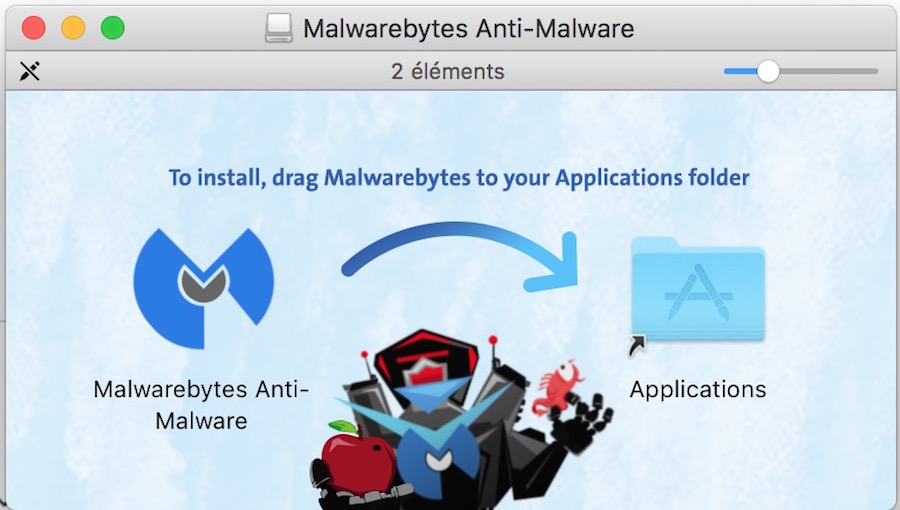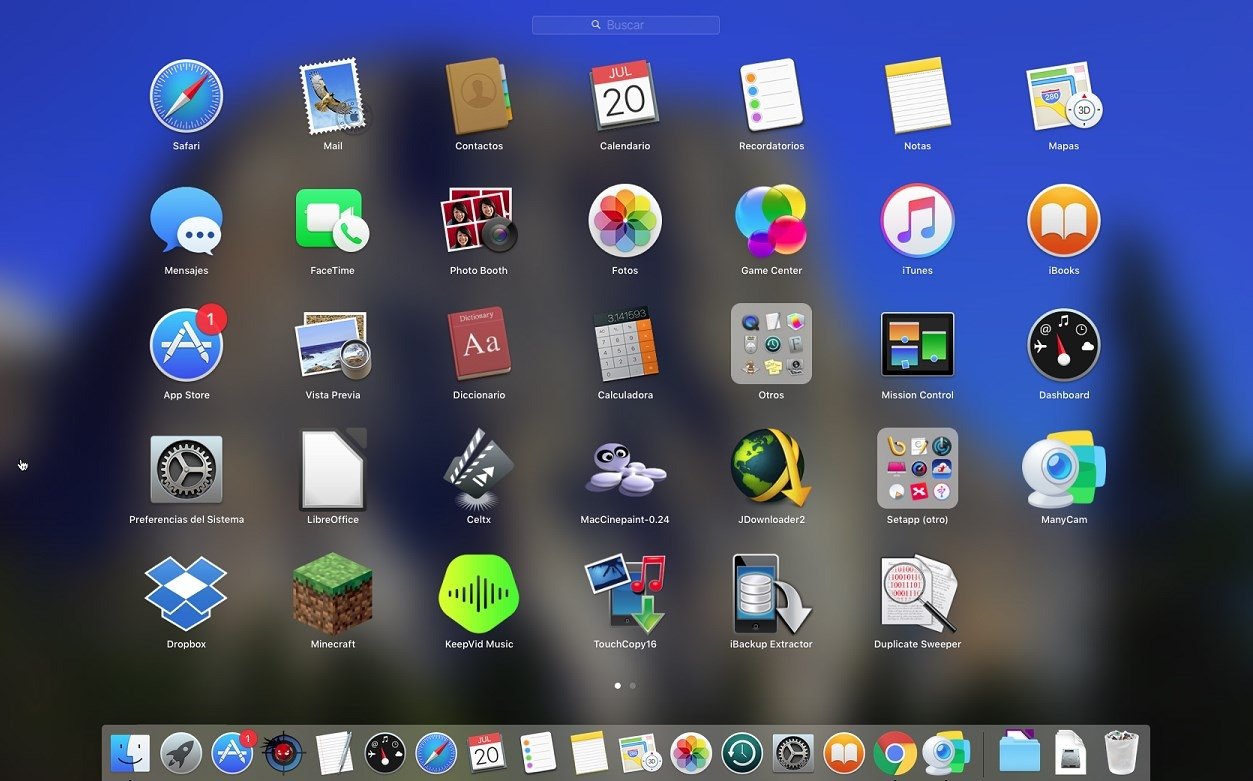

- #Malwarebytes for mac os x el capitan install#
- #Malwarebytes for mac os x el capitan full#
- #Malwarebytes for mac os x el capitan code#
Make sure you always have it set to "Mac App Store and identified developer" at the least. However, Macs do have built-in protection against known baddies that can do damage to your hard drive it's called Gatekeeper, you can find its settings when you go to System Preferences -> Security & Privacy. It's not an anti-virus program, which Macs don't need anyway. Is there a way to know the healthy status without having to pay for a subscription and loading the system with external scanners and controllers that extra load the system?Įl Capitan doesn't run scans in the background, no. On the other hand Trojans seem to get their way into a system via weak points in the browsers or other applications. There is so much discussion about iMac not needing virus scanners, because is well protected. Is El Capitan checking for virus/malware infections in the system?
#Malwarebytes for mac os x el capitan code#
Windows viruses are not designed to be in any way understood by Mac OS X and can not be executed, the code would interpreted as gibberish if someone tried to compile and run it, either way it would be entirely innocuous to Mac OS X.Ĥ) keep your mac patched, up to to date from Apple, the security patches they release are to prevent known and potential exploits.

If you are using a Mac AV a solution to prevent Windows infections this is a serious flaw with having a windows computer on your network and not having it do this itself. that does not mean there won't be one tomorrow or next week or next year, but currenlty running AV will be looking for theoretical, its never been tested on Mac to know it would be usable if a Mac virus existed. While milage may vary the bulk of posts here suggest users who have installed a 3rd party Mac AV solution can experience issues not limited to kernel panics and crashes as well a overall system performance degradation.ģ) there currently NO virus found by any securities lab in the world for mac, none, zero.
#Malwarebytes for mac os x el capitan full#
See below for the full statement.1) No OS X does not run active "scans" (see item 4) like Anti Virus applications.Ģ) the majority consensus around here is from our finding on these forums mac anti-virus is about as bad as finding an actual "theoretical" virus (see item 3) for mac and having it running on your mac or shooting yourself in the foot with a handgun, take your pick. Update: In a statement released to Softpedia, Kromtech claims they are not involved in the installation of MacKeeper or compromised Mac computers and that it's all the work of rogue affiliates. Until Apple fixes the security flaw, here's how you can protect yourself from malware and adware. While there's nothing you can do to stop a skilled hacker from installing malware and adware on your Mac running the latest stable or Beta version of OS X 10.10 Yosemite, there's some good news for those who are using Mac OS X 10.11 El Capitan Beta builds, as it appears that they're not affected. Mac OS X 10.11 El Capitan is not affected (This app is responsible for installing the VSearch adware.)," says Thomas Reed on behalf of Malwarebytes.
#Malwarebytes for mac os x el capitan install#
"Then the script uses sudo’s new password-free behavior to launch the VSInstaller app, which is found in a hidden directory on the installer’s disk image, giving it full root permissions, and thus the ability to install anything anywhere. Check out the attached screenshot to see how the sudoers file was modified by the adware installer. Hackers can take advantage of this zero-day vulnerability, which is actually related to some error logging features introduced in Mac OS X 10.10.4, to install adware like MacKeeper, VSearch, and Genieo. Thomas reports that he discovered the zero-day security vulnerability in Mac OS X 10.10.4 Yosemite during some tests of a new adware installer that had modified his sudoers file, so anyone can install anything on the target Mac without needing the user's consent or any other system password.

The 0-day vulnerability affects the current stable version of Mac OS X 10.10 (build 10.10.4), as well as the recent Beta build of OS X 10.10.5 Yosemite, and was discovered by Adam Thomas while testing a new adware installer. Malwarebytes announced the big news on August 3, 2015, which is called a DYLD_PRINT_TO_FILE exploit. It would appear that researchers have just discovered a serious zero-day vulnerability in Apple's OS X 10.10 (Yosemite) computer operating system that could allow attackers and skilled hackers to install malware and adware into a target Mac without the need for administrative privileges.


 0 kommentar(er)
0 kommentar(er)
